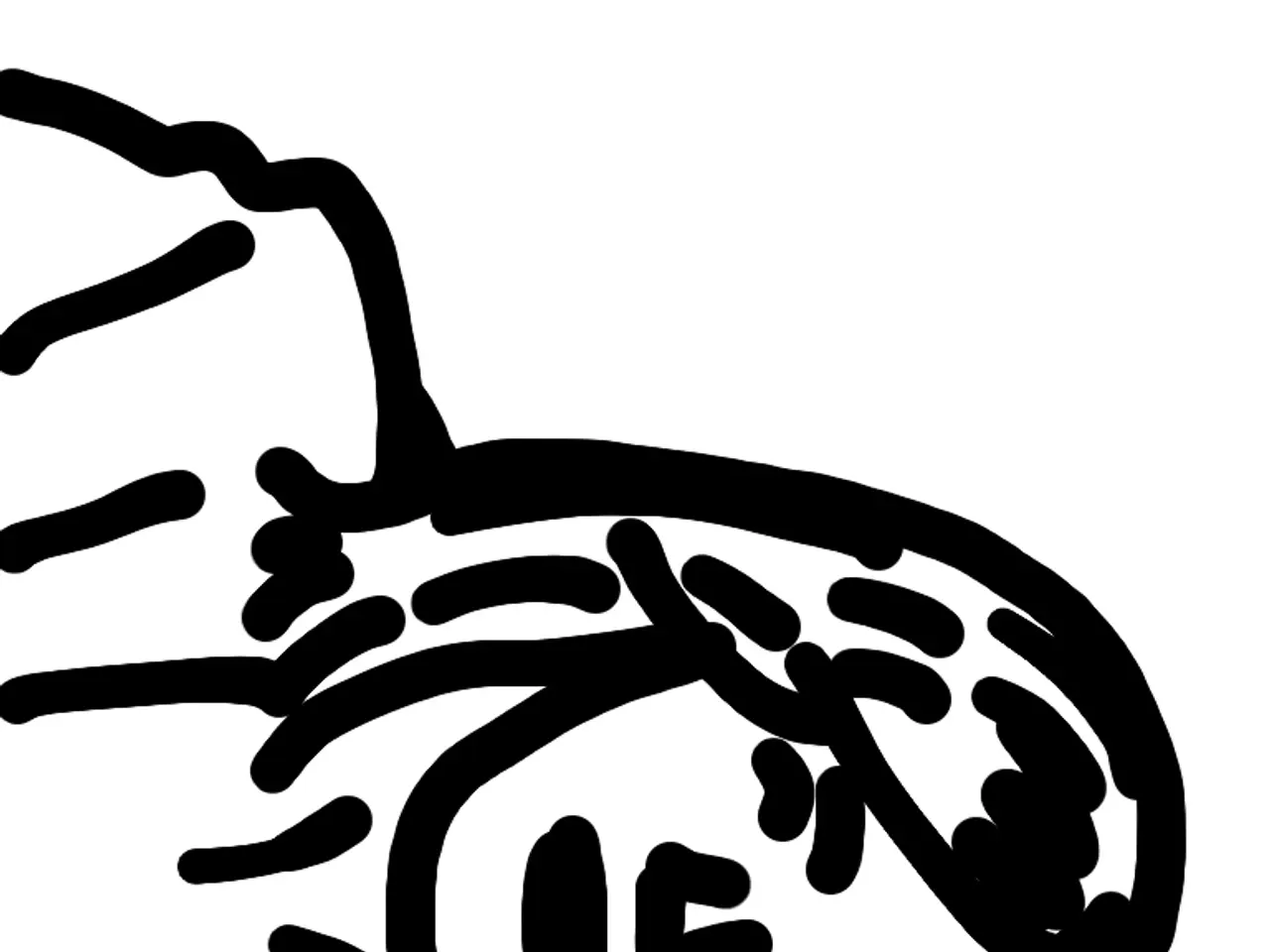Impact of Director Jane Campion: Feminism and Natural Environments Showcased in Her Movies
In the realm of contemporary cinema, Jane Campion stands out as a trailblazer, known for her unique fusion of feminist narratives and the raw power of nature in her films. This article takes an optimistic journey through Campion's cinematic oeuvre, appreciating her visionary approach that continues to inspire and provoke thought, illuminating the path for future generations of filmmakers.
Campion's films offer a refreshing perspective that challenges the traditional male-dominated viewpoints in cinema. By focusing on genuine, nuanced portrayals, she offers a more inclusive and realistic representation of women. Her films challenge traditional gender roles, presenting complex, multifaceted female characters who navigate desire, dread, and transformation.
One of Campion's key techniques is her intense focus on single female characters who experience profound internal crises and shifts in their lives. In her acclaimed film The Piano (1993), a woman trapped in an oppressive marriage finds new direction through an intense erotic encounter.
Campion's films also incorporate a strong connection between women and nature symbolically and atmospherically. The lush, untamed landscapes in her films serve as both a backdrop and a character, enhancing the storytelling with their raw, evocative presence. In her films, nature transcends its role as a backdrop, becoming a pivotal character that shapes narratives and reflects the internal states of her protagonists.
Campion's narratives frequently dismantle conventional power dynamics, offering a fresh perspective on women's autonomy and agency. She often flips the script on traditional gender roles, presenting women in positions of power and authority. Her characters often find strength and solace in natural settings, symbolizing a return to fundamental truths and personal liberation.
Campion's distinctive blend of feminism and nature enriches her storytelling and challenges and reshapes the boundaries of modern filmmaking. By integrating these elements, she crafts films that are not only visually stunning but also rich in meaning, advocating for a world where both women and nature are revered and protected.
Moreover, Campion's filmmaking employs innovative editing and narrative flow techniques, shaped by women like herself in roles such as editing, that deepen the emotional resonance and authenticity of female perspectives, expanding traditional cinematic language for telling women's stories.
In summary, Campion’s key themes and techniques include:
- Psychosexual realities of women and their subjectivity
- Female characters in emotional crisis and transformation
- Exploration of heteronormative desire and power dynamics
- Distinctive, often fragmented narrative structures and inventive visual styles
- Symbolic connections between women and nature or Gothic environments
- Use of editing and cinematic language that foregrounds female perspectives
These elements together create a rich feminist narrative space where women’s inner lives, desires, and their complex relationship with nature and society are central. By placing women at the center of her narratives, Campion empowers female voices and offers a bold exploration of women's inner lives, their struggles, and their resilience.
- In the sphere of contemporary filmmaking, Jane Campion is a trailblazer, known for her unique amalgamation of feminist narratives and the raw power of nature in her films.
- Campion's films offer a refreshing perspective that challenges the traditional male-dominated viewpoints in cinema.
- By focusing on genuine, nuanced portrayals, she offers a more inclusive and realistic representation of women.
- Her films challenge traditional gender roles, presenting complex, multifaceted female characters who navigate desire, dread, and transformation.
- One of Campion's key techniques is her intense focus on single female characters who experience profound internal crises and shifts in their lives.
- In her acclaimed film The Piano (1993), a woman trapped in an oppressive marriage finds new direction through an intense erotic encounter.
- Campion's films also incorporate a strong connection between women and nature symbolically and atmospherically.
- The lush, untamed landscapes in her films serve as both a backdrop and a character, enhancing the storytelling with their raw, evocative presence.
- In her films, nature transcends its role as a backdrop, becoming a pivotal character that shapes narratives and reflects the internal states of her protagonists.
- Campion's narratives frequently dismantle conventional power dynamics, offering a fresh perspective on women’s autonomy and agency.
- She often flips the script on traditional gender roles, presenting women in positions of power and authority.
- Her characters often find strength and solace in natural settings, symbolizing a return to fundamental truths and personal liberation.
- Campion's distinctive blend of feminism and nature enriches her storytelling and challenges and reshapes the boundaries of modern filmmaking.
- By integrating these elements, she crafts films that are not only visually stunning but also rich in meaning, advocating for a world where both women and nature are revered and protected.
- Campion's filmmaking also employs innovative editing and narrative flow techniques, shaped by women like herself in roles such as editing, that deepen the emotional resonance and authenticity of female perspectives, expanding traditional cinematic language for telling women’s stories.




